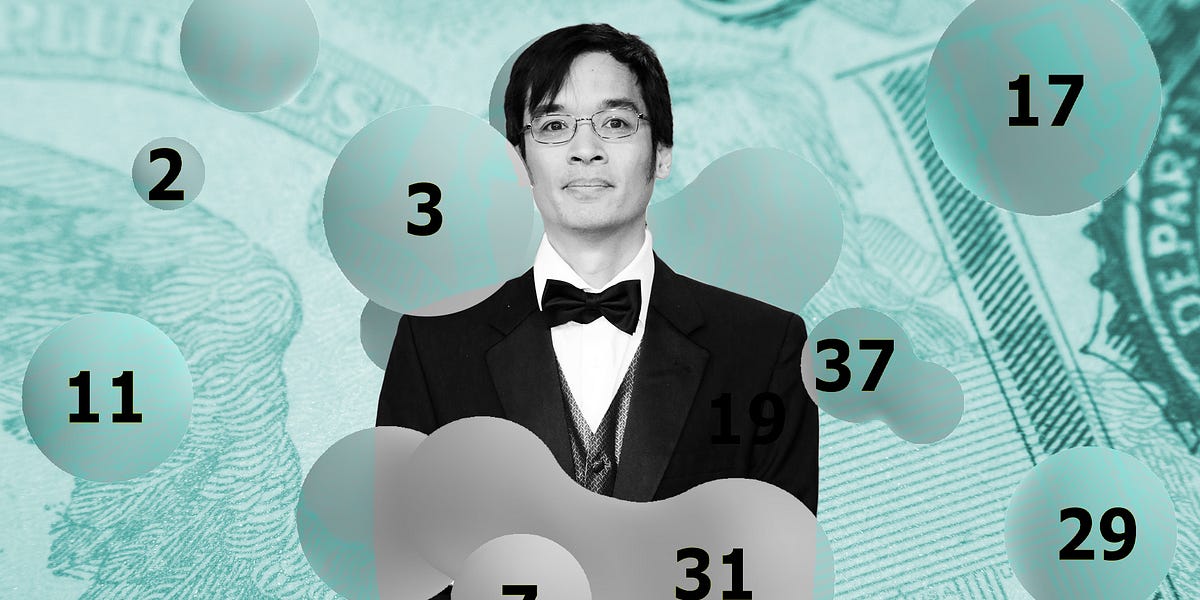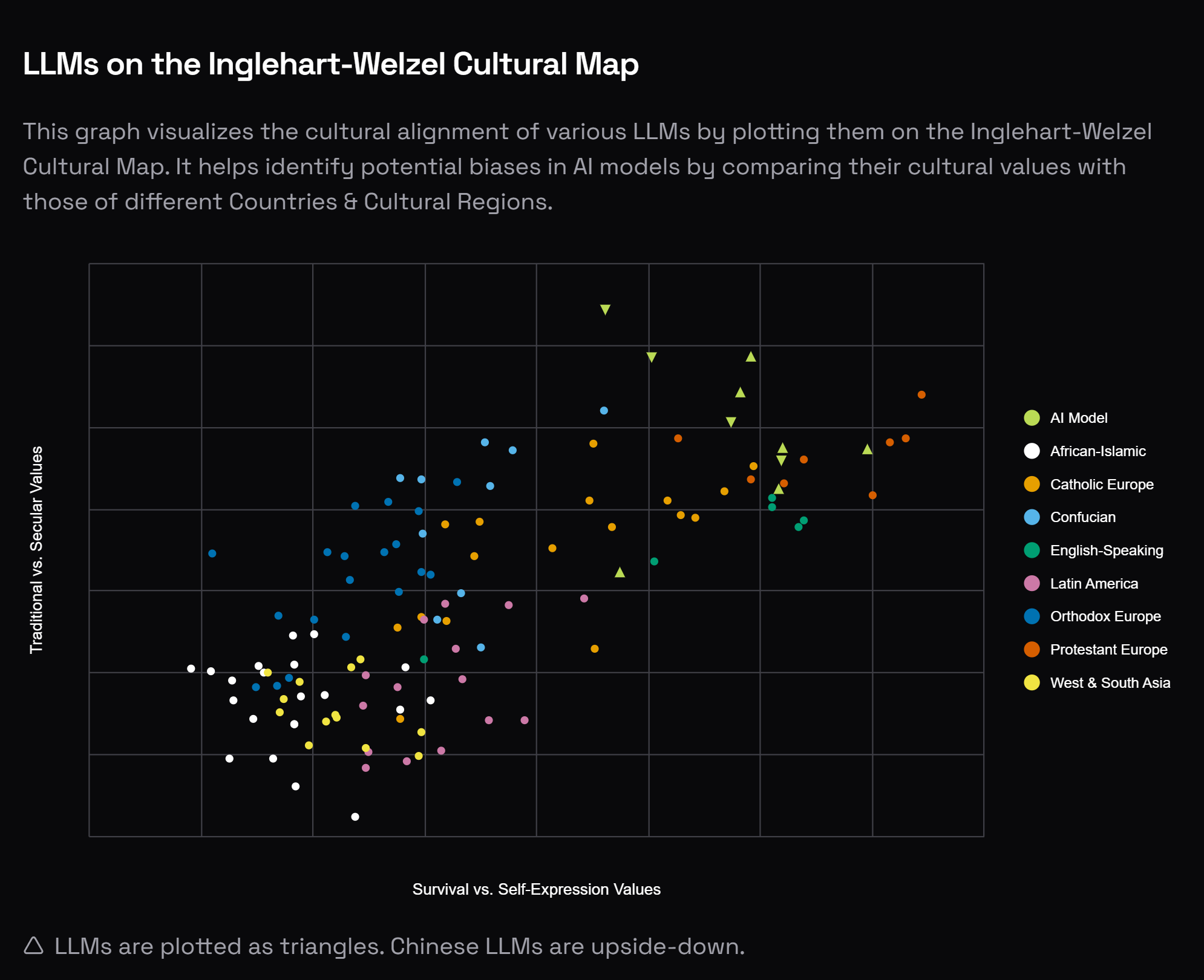
He’s the ‘Mozart’ of Math and Trump Killed His Funding
Now a UCLA professor, Tao has been a mathematics superstar for pretty much his entire life, going all the way back to the early 1970s when he was a 2-year-old with building blocks showing the other kids how to count. He was 7 when he started calculus, 13 when he became the youngest person ever to win the International Mathematical Olympiad, and 19 when he started his Ph.D. at Princeton.
Tao’s work on prime numbers has provided crucial insights into random-number generation, which is the way computers produce the (nearly) unpredictable figures that are necessary for cryptography and cybersecurity. His research into the math of imaging has helped to make MRIs faster and smarter.
In 2006 Tao was awarded the Fields Medal—math’s equivalent of the Nobel Prize, as anyone who has watched Good Will Hunting knows. In 2017, National Geographic included Tao in its “Genius” issue alongside Michelangelo, Darwin, and Einstein. And among his many admirers Tao is known as the “ Mozart of Math”—a term of affection in a sometimes cutthroat world, where Tao has a reputation for mentoring young, still undiscovered scholars and sharing credit generously.
He is pretty much the platonic model of an intellectual, innovator, and teacher—the best of America, in so many ways. And now he’s a cautionary tale too, because he just lost his funding in the latest wave of Trump administration cuts. It has left him questioning the future of American STEM research, and his place within it.













